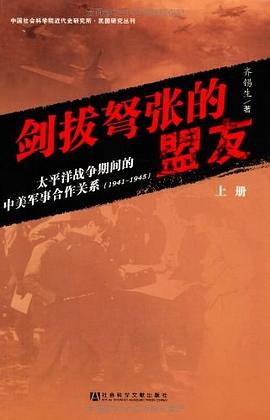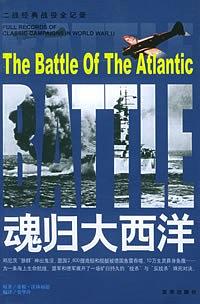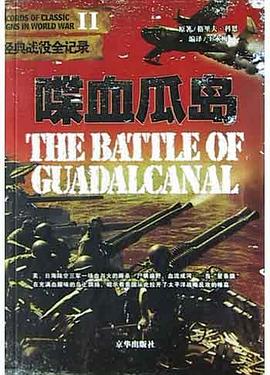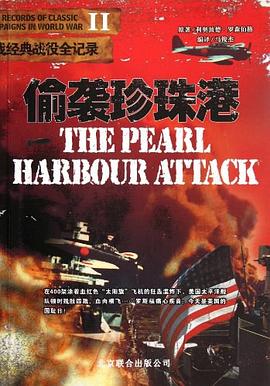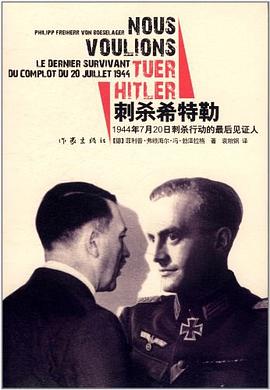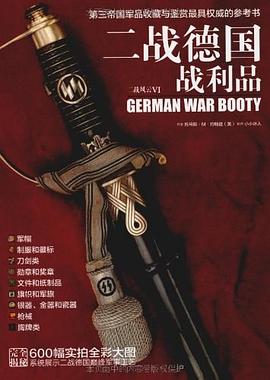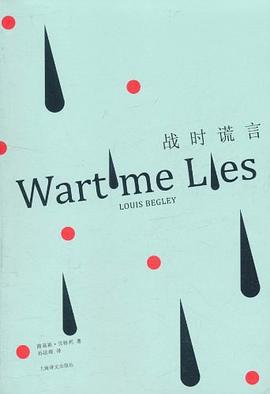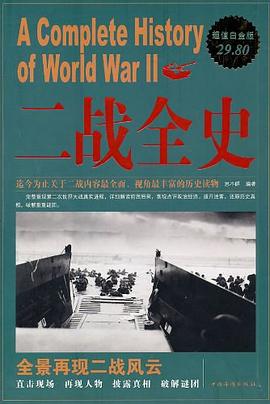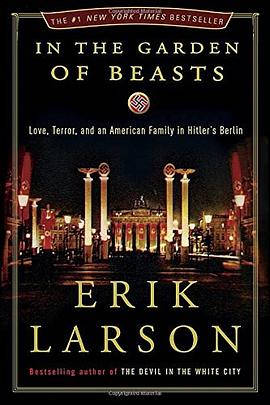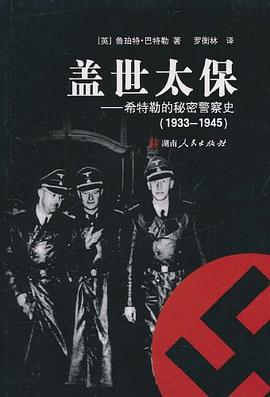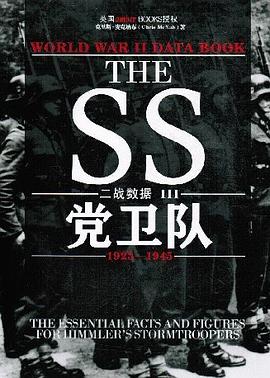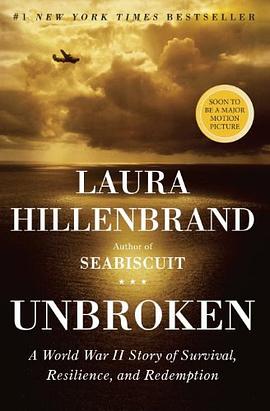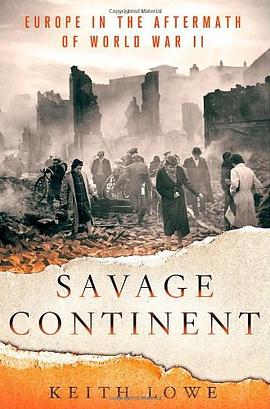

具体描述
Savage Continent: Europe in the Aftermath of World War Two, By Keith Lowe
Brendan Simms
In his memoir If This is a Man, the Italian writer Primo Levi recalls that the most terrifying time for him at Auschwitz was not the years of incarceration by the Nazis, when beatings, hunger, back-breaking work and the threat of murder were omnipresent. He came closest to despair during the vacuum between the flight of the guards and the arrival of the Red Army. This period, in which the prisoners were effectively left to their own devices, was characterised by a complete breakdown of all authority, however unjust, as well as the system of supply. I was reminded of these passages when reading Keith Lowe's Savage Continent: an excellent account of the two years or so between the end of hostilities in Europe with the defeat of Hitler, and the establishment of the Cold War order.
As the author points out, the Second World War did not end in 1945. In large parts of the continent, the contest lasted a lot longer as Polish, Ukrainian, Baltic and Greek partisans battled on in the mountains and forests of Eastern Europe and the Mediterranean. Some of these stories, such as the post-war travails of the Greeks, are well known to Western audiences, but the activities of the Lithuanian, Latvian and Estonian anti-Soviet "Forest Brothers" are not. Perhaps the most arresting fact in this compelling book is that the last Estonian guerrilla fighter, August Sabbe, was killed as late as 1978, trying to escape capture.
Even where there was no fighting, Lowe demonstrates, Europe was in flux. A contemporary observer described Germany, the crossroads of the continent, as "one huge ants' nest", in which everyone was on the move. There were refugees everywhere, some trying to escape the victors, others returning to their homes. Millions of German prisoners of war were crammed into insanitary Anglo-American camps in the West; and they were the lucky ones, unlike those captured by the Russians and taken to camps in Siberia, or murdered en route. Almost everywhere, the Nazi collapse was followed by a bloody settling of scores against real or alleged collaborators. Lowe shows that the numbers affected in places like France to have been much exaggerated by subsequent myth-makers; in Yugoslavia, on the other hand, the reckoning was truly horrific, the more so as British troops were actively involved in sending men and women back to face certain death at Tito's hands.
All this was accompanied by the greatest population shifts in Europe since the Dark Ages. These had, of course, begun during the war. Lowe notes the huge void left by the Nazi murder of the Jews, but he points out that it was not so much the Holocaust itself as the persistence of anti-Semitism in places like Poland and Hungary which persuaded so many survivors to make for Israel or the US. In eastern Poland and western Ukraine, new borders led to a massive exchange of populations attended by great hardship and brutality.
The principal post-war victims, however, were the Germans, systematically expelled by the Czechs and Poles from lands which they had settled for hundreds of years. Lowe describes these events too with admirable sensitivity, placing them squarely in the context of prior Nazi policies, without in any way justifying them.
Europe was also in political flux. The war had destroyed the standing of the old elites, and brought the Red Army into the heart of the continent. It was Soviet power, rather than the failure of the ancien regime as such, which underpinned the wave of Communist takeovers in Eastern Europe. Lowe describes the Romanian case in fascinating detail. Hungary, Czechoslovakia, Poland and Bulgaria all met broadly similar fates: red terror, arrests, expropriation of land and property, and executions. In Greece, the boot was on the other foot, as the right-wing government parlayed first British then American help into brutal victory over the communists. Lowe notes the "unpleasant symmetry" caused by Cold War imperatives without in any way denying that "the capitalist model of politics was self-evidently more inclusive, more democratic and ultimately more successful than Stalinist communism".
Savage Continent is thus a fitting title for this book, and surely also an allusion to Dark Continent, Mark Mazower's brilliant history of the 20th century. Lowe's vivid descriptions of Europeans scrambling for scraps of food, rampant theft and "destruction of morals" are a timely reminder that a certain humility is in order when we look at less fortunate continents today. The author is also right to remind us, with respect to current travails in Iraq and Afghanistan, just how long it took to rebuild Europe and for democracy to take root – or to return.
That said, Lowe could perhaps have said more about the Europeans who emerged from the war with a new and uplifting vision: that the only way for the continent to prevent this from happening again, and to realise its full potential, was to chart a course towards greater unity. It was in the midst of the ruins described by this book that men such as Robert Schuman, Jean Monnet, Alcide de Gasperi and Altero Spinelli were taking the first steps towards what was to become the European Union. In this sense, Europe is a continent which contains not only the seeds of its self-destruction but also of its renewal.
作者简介
基思•罗威(Keith Lowe),全职作家和历史学家,曾做过十余年的历史类图书出版商。他被公认为二战史权威,经常在英国和美国的电视广播上发表意见。饱受赞誉的历史著作《火焰地狱:1943年汉堡灭顶之灾》(Inferno: The Devastation of Hambu rg, 1943)即出自他之手。
黎英亮,历史学博士,华南师范大学讲师,著有《现代国际生活的规则:国际法的诞生》《何谓民族?:普法战争与厄内斯特•勒南的民族主义思想》,译有《浩劫之地》(即将出版)。
目录信息
读后感
像书中所写的一样,未看此书以前的我以为二战后欧洲就恢复平静,各国开始有序恢复经济。尽管已忘记冷战如何开始,想着冷战总没有二战对各国的影响大,直到我读了《野蛮大陆》。 1945-1949年是中国内战时期,之后建立新中国,想必欧洲也是一样。然而,从目录就看得出来,大不一...
评分像书中所写的一样,未看此书以前的我以为二战后欧洲就恢复平静,各国开始有序恢复经济。尽管已忘记冷战如何开始,想着冷战总没有二战对各国的影响大,直到我读了《野蛮大陆》。 1945-1949年是中国内战时期,之后建立新中国,想必欧洲也是一样。然而,从目录就看得出来,大不一...
评分 评分二战结束之后,在荷兰与德国交界处竖着这样一处标识:“此地乃文明世界之尽头。”是的,那时的欧洲已沦为野蛮大陆。在战争的摧毁性打击下,“一切坚固的东西都烟消云散了”,秩序、法律甚至道德,在不少地方早已荡然无存,是非对错失去意义,人们为了生存无所不用其极,在破败...
用户评价
战后反犹的回潮……唉
评分战后反犹的回潮……唉
评分战后反犹的回潮……唉
评分Revenge or forgiveness. Remembrance or oblivion. These postwar challenges are never carried out according to heavenly justice: there will be more unjust vengeance and undeserved forgiveness.
评分战后反犹的回潮……唉
相关图书
本站所有内容均为互联网搜索引擎提供的公开搜索信息,本站不存储任何数据与内容,任何内容与数据均与本站无关,如有需要请联系相关搜索引擎包括但不限于百度,google,bing,sogou 等
© 2025 book.wenda123.org All Rights Reserved. 图书目录大全 版权所有

